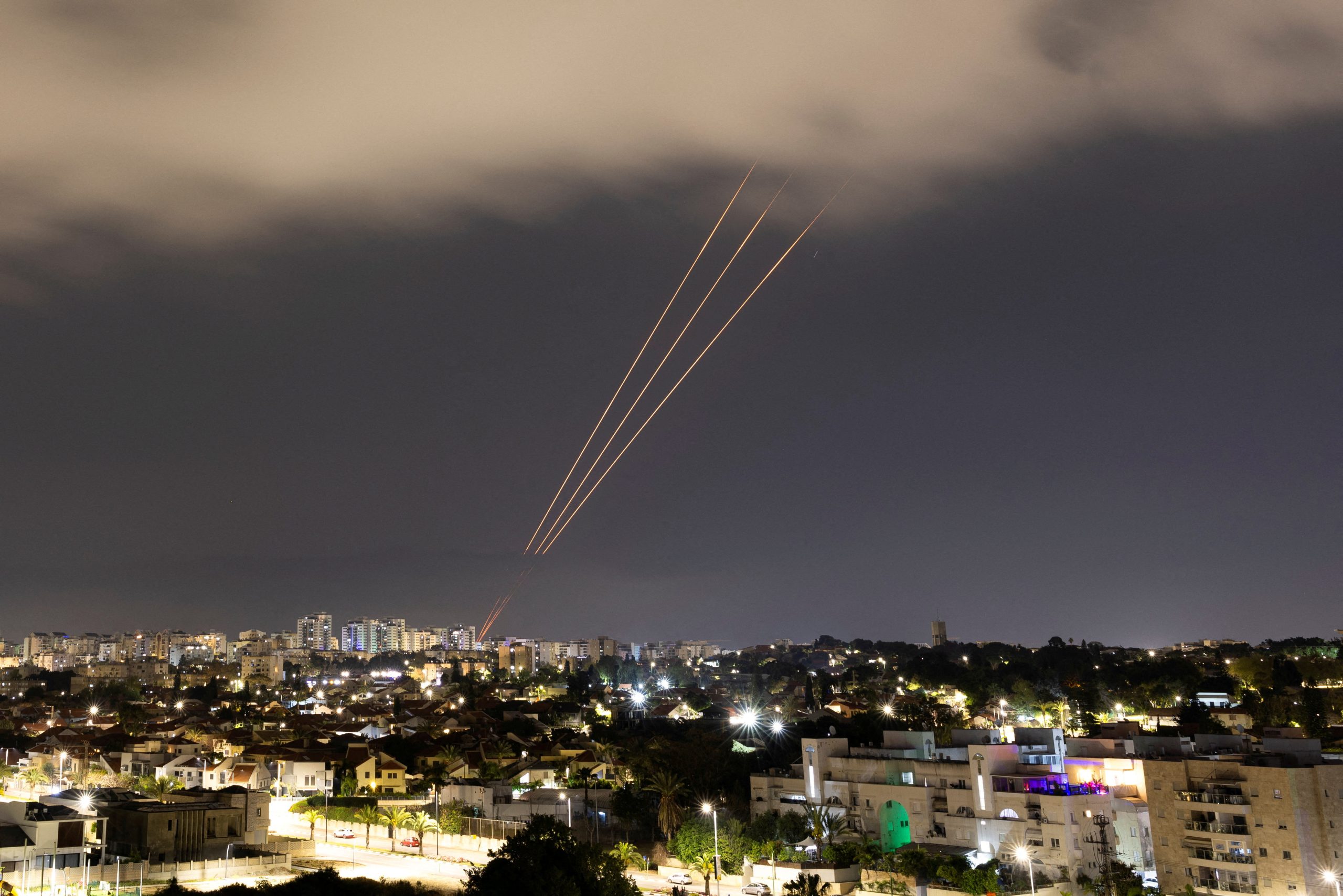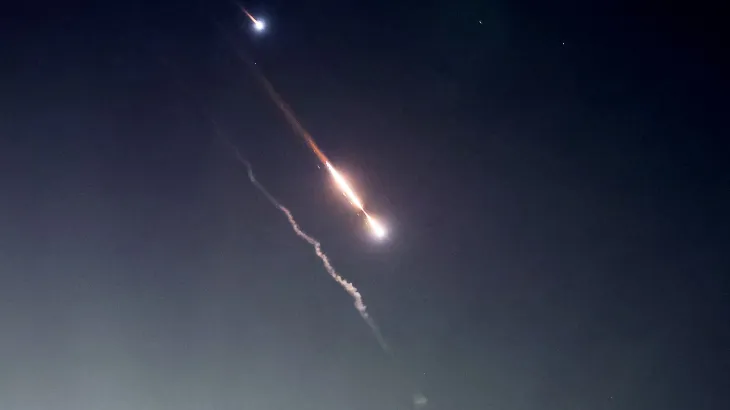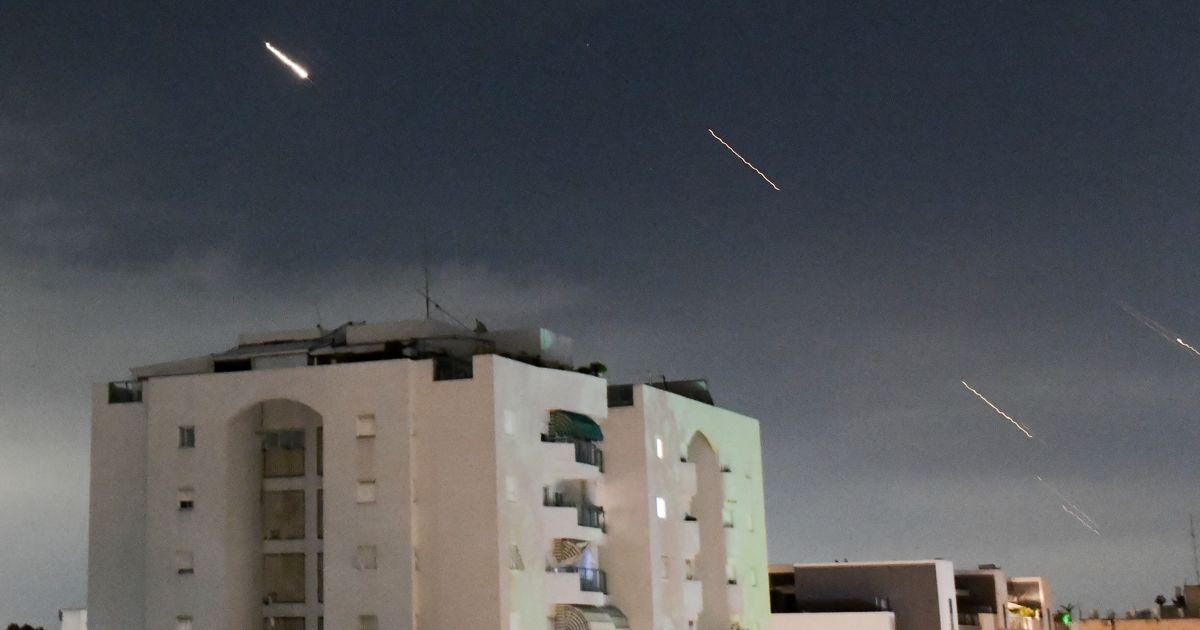In a dramatic escalation of tensions, Iran launched a multifaceted attack on Israel, employing hundreds of drones, ballistic missiles, and cruise missiles. This unprecedented assault, viewed as retaliation for a suspected Israeli strike in Syria that killed two Iranian generals, brought the Middle East perilously close to a widespread conflict.
Booms and air raid sirens reverberated across Israel, prompting a swift response from President Joe Biden, who pledged U.S. support and vowed to coordinate with allies to formulate a unified reaction.
The attack, marking the first direct military assault by Iran on Israel despite decades of animosity, drew condemnation from global leaders. The United Nations, France, Britain, and Germany all denounced the action, cautioning against further escalation. While most of the incoming drones and missiles were intercepted outside Israeli territory, some managed to penetrate, causing limited damage and casualties, including a 7-year-old girl seriously wounded in southern Israel.

Israel on Alert as Iran Launches Record Number of Missiles and Drones (Credits: Reuters)
Israeli military spokesman Rear Adm. Daniel Hagari described the assault as a major escalation and affirmed Israel’s commitment to defending its security. With dozens of Israeli warplanes still patrolling the skies, the situation remained tense and uncertain. Israel’s defense systems, including the Arrow system for ballistic missile defense, played a critical role in intercepting the incoming threats, supported by U.S. military deployments to the region.
President Biden, in a departure from recent criticisms of Israel’s actions, reaffirmed America’s unwavering support for Israel’s security in a conversation with Prime Minister Benjamin Netanyahu. The attack was perceived as Iran’s long-awaited retaliation for the April 1 airstrike in Syria, which Tehran attributed to Israel. The ongoing conflict between Israel and Hamas in Gaza, fueled by Iranian-backed militant groups, has further strained regional dynamics, with Hezbollah in Lebanon also engaging in hostilities.

Israel on Alert as Iran Launches Record Number of Missiles and Drones (Credits: Al Jazeera)
Iran’s Revolutionary Guard claimed responsibility for the attack, warning the U.S. against any involvement that might harm Iran’s interests. The use of ballistic missiles and drones highlighted Iran’s military capabilities and raised concerns about the effectiveness of Israel’s air defense systems in countering such a massive onslaught. The repercussions of the attack reverberated across the region, with Lebanon experiencing heavy Israeli airstrikes and Hezbollah launching rockets toward Israeli military sites.
As tensions escalated, residents across the region braced themselves for potential retaliation and further violence. Gas stations in Tehran saw long queues amid fears of escalating conflict, while demonstrations in support of the attack erupted in Palestine Square. With missiles intercepted in Jordanian and Lebanese airspace and explosions heard in Damascus, Beirut, and elsewhere, the situation remained volatile, prompting calls for de-escalation and diplomatic solutions to prevent a full-blown regional war.























